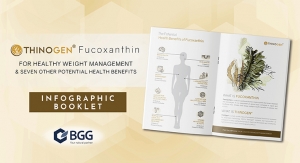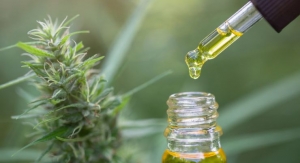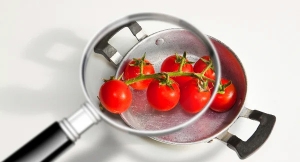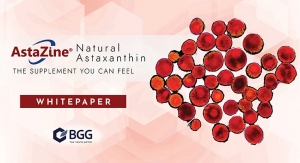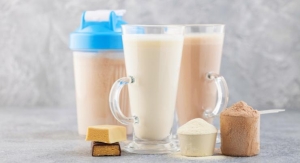05.15.17
The American Herbal Products Association (AHPA) has issued a white paper to guide qualified practitioners who compound herbal formulations for clients based on one-on-one consultations.
The Good Herbal Compounding and Dispensing Practices white paper is a free resource to help acupuncturists, herbalists, naturopaths and other adequately trained professionals use best practices when compounding and dispensing herbs and herbal formulations.
The white paper was drafted by a working group of AHPA's Chinese Herbal Products Committee and is based on standard good manufacturing practice concepts such as sanitation of facilities and equipment, quality control practices, documentation of procedures, and record-keeping.
"One of AHPA's core functions is to encourage industry self-regulation and adoption of best practices that protect consumers, patients and access to herbs and herbal formulas," said AHPA President Michael McGuffin. "Broad industry adoption of principles in this white paper will also help preserve the current federal regulatory approach which effectively meets the needs of consumers and practitioners."
Under current regulations, adequately trained practitioners can expect the U.S. Food and Drug Administration (FDA) to exercise enforcement discretion for federal current good manufacturing practice (cGMP) requirements for dietary supplements.
The types of herbal formulas covered in this document include herbal formulas in different forms, including water decoctions, other liquid extracts, granules, powders or pills, as well as poultices, pastes, liniments, etc.
To date the white paper has been distributed to the American Herbalist Guild, American Association of Naturopathic Physicians, American Society of Acupuncturists, American Association of Acupuncture and Oriental Medicine, National Certification Commission for Acupuncture and Oriental Medicine, Chinese Herb Trade Association of America, and American Association of Chinese Medicine and Acupuncture.
AHPA invites feedback on the document to help ensure it is relevant to practitioners trained in a variety of disciplines.
The Good Herbal Compounding and Dispensing Practices white paper is a free resource to help acupuncturists, herbalists, naturopaths and other adequately trained professionals use best practices when compounding and dispensing herbs and herbal formulations.
The white paper was drafted by a working group of AHPA's Chinese Herbal Products Committee and is based on standard good manufacturing practice concepts such as sanitation of facilities and equipment, quality control practices, documentation of procedures, and record-keeping.
"One of AHPA's core functions is to encourage industry self-regulation and adoption of best practices that protect consumers, patients and access to herbs and herbal formulas," said AHPA President Michael McGuffin. "Broad industry adoption of principles in this white paper will also help preserve the current federal regulatory approach which effectively meets the needs of consumers and practitioners."
Under current regulations, adequately trained practitioners can expect the U.S. Food and Drug Administration (FDA) to exercise enforcement discretion for federal current good manufacturing practice (cGMP) requirements for dietary supplements.
The types of herbal formulas covered in this document include herbal formulas in different forms, including water decoctions, other liquid extracts, granules, powders or pills, as well as poultices, pastes, liniments, etc.
To date the white paper has been distributed to the American Herbalist Guild, American Association of Naturopathic Physicians, American Society of Acupuncturists, American Association of Acupuncture and Oriental Medicine, National Certification Commission for Acupuncture and Oriental Medicine, Chinese Herb Trade Association of America, and American Association of Chinese Medicine and Acupuncture.
AHPA invites feedback on the document to help ensure it is relevant to practitioners trained in a variety of disciplines.






